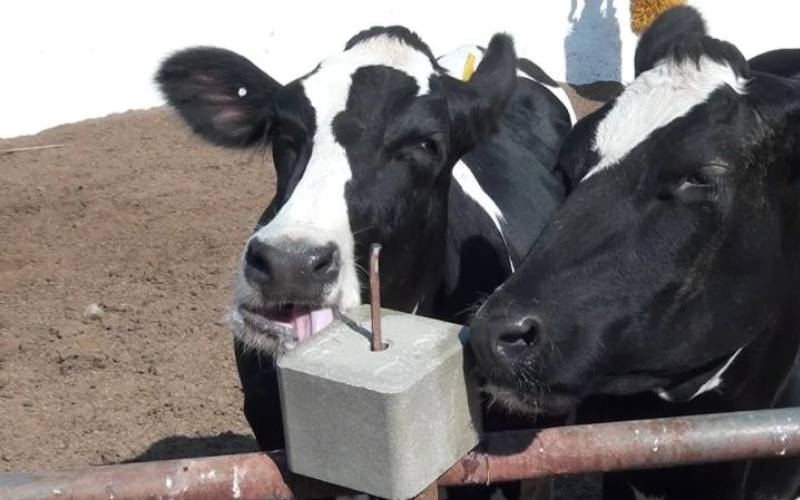×
The Standard e-Paper
Fearless, Trusted News

Mineral salts are key in livestock production. Sodium and Chlorine are very key minerals for proper water metabolism, nutrient uptake and transmission of nerve impulses.
The need for Sodium and Chlorine by livestock has been demonstrated for a long time by a natural craving for common salt. Sodium is the critical nutrient in salt. Giving livestock salt in the diet at a level of 0.5 percent is adequate for all farm species.